Home>Storage Ideas>Kitchen Storage>How Often Should You Clean A Kitchen?
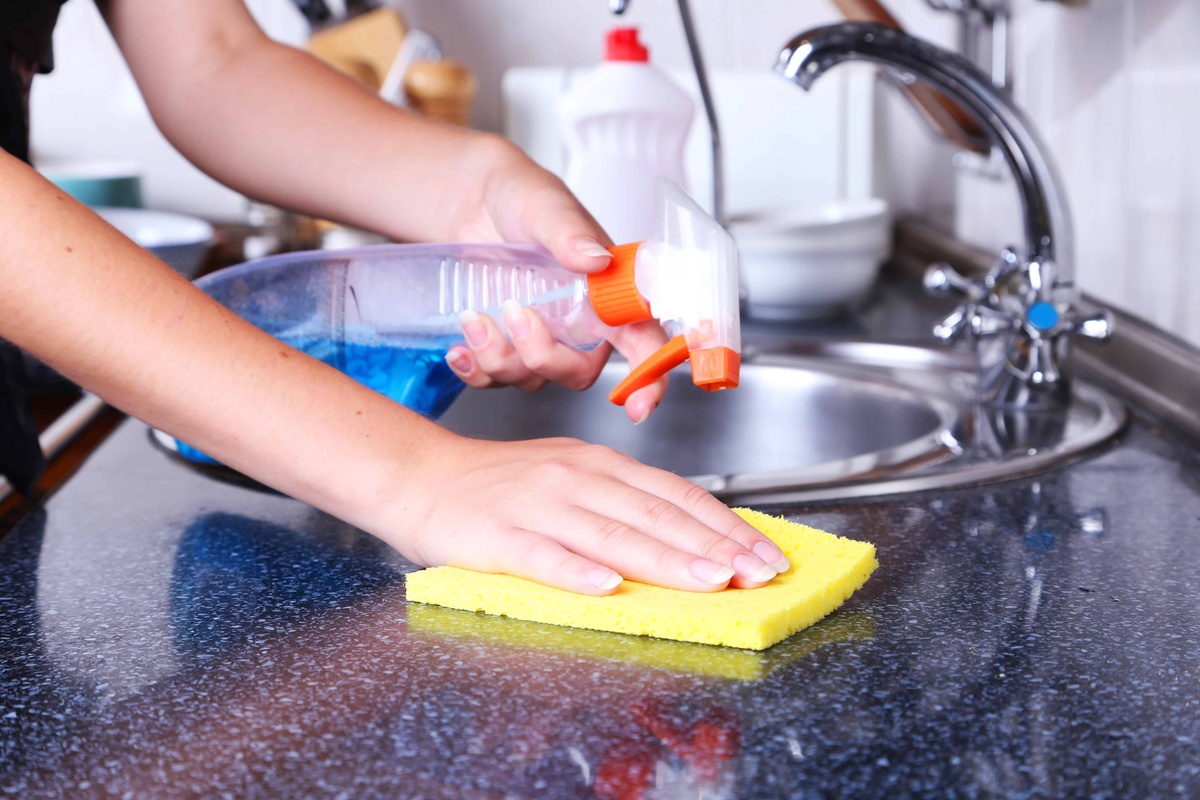

Kitchen Storage
How Often Should You Clean A Kitchen?
Modified: February 21, 2024
Discover effective kitchen storage ideas and learn how often you should clean your kitchen to maintain a tidy and organized space.
(Many of the links in this article redirect to a specific reviewed product. Your purchase of these products through affiliate links helps to generate commission for Storables.com, at no extra cost. Learn more)
Introduction
Keeping a clean kitchen is not only essential for hygiene and food safety reasons, but it also contributes to the overall ambiance and functionality of the space. A well-organized and tidy kitchen can make meal prep more efficient and enjoyable, while also reducing the risk of cross-contamination and foodborne illnesses. However, many people may be unsure about the frequency at which they should clean their kitchen and its various components.
In this article, we will delve into the topic of how often you should clean your kitchen and provide some practical guidelines to help you maintain a clean and inviting cooking space. From daily tasks to periodic deep cleaning sessions, we will cover it all, ensuring that your kitchen remains a pleasant and safe environment.
It’s important to note that the frequency of kitchen cleaning can vary depending on factors such as usage, cooking habits, and personal preferences. While some individuals may prefer to clean on a daily basis, others may opt for a weekly cleaning routine. Finding a schedule that works for you and your household is key to ensuring that your kitchen remains in top condition.
So, whether you’re a culinary enthusiast or simply looking for ways to keep your kitchen spick and span, read on to discover the importance of regular kitchen cleaning, the factors that influence how often you should clean, and practical tips to maintain a clean and organized cooking space.
Key Takeaways:
- Regular kitchen cleaning is crucial for hygiene, food safety, and mental well-being. Tailor your cleaning schedule to factors like usage, cooking habits, and family size for a consistently inviting cooking space.
- Incorporate daily, weekly, and periodic cleaning tasks to maintain a clean and functional kitchen. Clean as you go, organize storage, and educate household members to create a welcoming space for culinary adventures.
Read more: How Often Should You Clean Dishwasher
Importance of Regular Kitchen Cleaning
Regular kitchen cleaning is crucial for several reasons. First and foremost, it helps to maintain a high level of hygiene and food safety. The kitchen is where we prepare and handle our food, making it susceptible to bacterial growth and cross-contamination. Regular cleaning can help minimize these risks and reduce the likelihood of foodborne illnesses.
Furthermore, a clean kitchen contributes to a pleasant and inviting cooking environment. When countertops are free of clutter, surfaces are wiped down, and appliances are sparkling, it creates a sense of cleanliness and order. This can make cooking and meal preparation more enjoyable and efficient.
Additionally, a clean kitchen promotes the longevity of your appliances and kitchen tools. Regular maintenance and cleaning can prevent the buildup of dirt, grease, and grime, which can lead to damage or decreased performance over time. By taking care of your kitchen items through regular cleaning, you can extend their lifespan and save money on replacements.
Moreover, a clean kitchen sets a positive example for other members of the household, especially children. Teaching them the importance of cleanliness and proper kitchen hygiene from a young age can instill good habits that will benefit them throughout their lives.
Finally, a clean and organized kitchen can have a positive impact on mental well-being. Research has shown that a cluttered and disorganized space can contribute to stress and anxiety. By keeping your kitchen clean and tidy, you create a calming environment that can enhance your overall sense of well-being and make cooking a more enjoyable experience.
In summary, regular kitchen cleaning is essential for maintaining hygiene, promoting food safety, preserving the longevity of appliances, setting a positive example for others, and contributing to mental well-being. By incorporating regular cleaning into your routine, you can ensure that your kitchen remains a clean, safe, and inviting space for all your culinary adventures.
Factors Influencing the Frequency of Kitchen Cleaning
The frequency at which you should clean your kitchen can be influenced by various factors. Understanding these factors will help you determine the appropriate cleaning schedule that suits your needs and ensures a clean and well-maintained kitchen.
1. Usage: The frequency of kitchen cleaning can be influenced by how often you use your kitchen. If you cook regularly and use your kitchen for meal preparation every day, you may need to clean more frequently to prevent the buildup of dirt, grease, and food residue.
2. Cooking Habits: Certain cooking techniques and ingredients can result in more mess and splatters. If you frequently fry or use ingredients that tend to splatter, you might need to clean your kitchen more often to keep surfaces and appliances clean.
3. Environmental Factors: The surrounding environment can also impact how often you need to clean your kitchen. If you live in a dusty area or have pets, you may need to clean more often to prevent dust and pet hair from accumulating on surfaces.
4. Family Size: The size of your household and the number of people using the kitchen can influence the frequency of cleaning. A larger household with more people preparing meals will likely require more frequent cleaning to maintain cleanliness and hygiene.
5. Allergies or Sensitivities: If you or someone in your household has allergies or sensitivities to certain substances, you may need to clean more frequently to remove potential allergens, such as dust or food particles, from surfaces and utensils.
6. Personal Preferences: Ultimately, personal preferences play a role in determining how often you should clean your kitchen. Some individuals may prefer to clean on a daily basis, while others may opt for weekly deep-cleaning sessions. It’s essential to find a balance that suits your comfort level and ensures the cleanliness of your kitchen.
Considering these factors, it is important to assess your individual circumstances and create a cleaning schedule that works for you. Whether you choose to clean on a daily, weekly, or monthly basis, consistency is key to maintaining a clean and inviting kitchen environment.
General Guidelines for Cleaning Different Areas in the Kitchen
Cleaning different areas in the kitchen requires different approaches and techniques. Here are some general guidelines to help you effectively clean specific areas of your kitchen:
1. Countertops and Surfaces: Start by clearing off any items and wiping down the surface with a damp cloth or sponge. Use a mild kitchen cleaner or a mixture of water and dish soap to remove stains and spills. For stubborn stains, you can make a paste with baking soda and water and gently scrub the area. Rinse with clean water and dry with a microfiber cloth.
2. Sink: To clean the sink, rinse out any debris. Apply a non-abrasive cleaner or a mixture of baking soda and water to the sink and scrub gently with a sponge or brush. Pay special attention to the faucet handles and drain area. Rinse thoroughly and dry with a clean cloth.
3. Appliances: Follow the manufacturer’s instructions for cleaning specific appliances. Generally, you can wipe down the exterior of appliances like the refrigerator, oven, and microwave with a damp cloth or sponge and a mild cleaner. For the interior, remove any removable parts and wash them separately. Use a mixture of water and vinegar or a specialized appliance cleaner to wipe down the interior surfaces. Be sure to dry all surfaces thoroughly.
4. Cabinets and Drawers: Start by emptying out the contents of the cabinets and drawers. Wipe down the interior with a damp cloth or mild cleaner. Pay attention to handles and knobs. For wood cabinets, use a wood cleaner or a mixture of water and mild soap. Avoid using abrasive cleaners that may damage the finish.
5. Stovetop and Oven: For electric stovetops, remove burner coils or drip pans and clean them separately. Wipe down the surface with a damp cloth or sponge and a mild cleaner. For gas stovetops, remove burner grates and clean them separately. Wipe down the surface with a damp cloth or sponge and a mild cleaner. For oven cleaning, follow the manufacturer’s instructions for self-cleaning or use a specialized oven cleaner. Remove oven racks and wash them separately.
6. Floors: Sweep or vacuum the kitchen floor to remove any loose debris. Mop the floor using a mild floor cleaner or a mixture of water and a gentle cleaner. Pay attention to any spills or stains and clean them promptly. Dry the floor thoroughly to prevent slipping.
Remember to always read and follow the instructions on cleaning products and adhere to any specific recommendations from manufacturers. Additionally, it’s important to maintain good practices such as regular wiping of surfaces, prompt cleaning of spills, and proper storage of food items to minimize the need for deep-cleaning sessions.
By following these general guidelines and incorporating them into your cleaning routine, you can keep your kitchen clean and fresh, ensuring a pleasant and inviting space for all your culinary endeavors.
It is recommended to clean your kitchen daily to prevent the buildup of bacteria and food particles. Wipe down surfaces, clean dishes, and sweep the floors to maintain a clean and hygienic kitchen.
Cleaning Schedule for Common Kitchen Items and Areas
Keeping a clean and organized kitchen requires having a regular cleaning schedule. Here are some general guidelines for cleaning common kitchen items and areas:
1. Daily Cleaning:
- Wipe down countertops and surfaces after each use to remove crumbs and spills.
- Wash dishes, utensils, and cooking tools immediately after use or place them in the dishwasher.
2. Weekly Cleaning:
3. Bi-Weekly or Monthly Cleaning:
4. Seasonal Deep Cleaning:
It’s important to note that these are general guidelines, and your cleaning schedule may vary based on your specific needs and preferences. Some areas or items may require more frequent cleaning depending on usage and personal factors. Adapt the cleaning schedule to suit your household and lifestyle.
By following a regular cleaning schedule, you’ll maintain a clean and healthy kitchen environment, ensuring that your cooking space remains inviting and enjoyable.
Read more: How Often Should You Clean A Toilet
Tips for Maintaining a Clean Kitchen
Maintaining a clean kitchen goes beyond regular cleaning tasks. By incorporating these tips into your routine, you can ensure a consistently clean and organized cooking space:
1. Clean as you go: One of the most effective ways to maintain a clean kitchen is to clean as you go while cooking. Wipe down countertops, wash dishes, and put away ingredients and utensils as you finish using them. This will prevent the accumulation of dirt and make the post-meal cleanup much easier.
2. Establish a daily cleaning routine: Set aside a specific time each day for quick cleaning tasks. This can include wiping down surfaces, sweeping the floor, and washing any dishes or utensils left over from the day. By incorporating these tasks into your daily routine, you’ll keep your kitchen clean with minimal effort.
3. Organize your pantry and cabinets: Regularly declutter and organize your pantry and cabinets. Discard expired or unused items and keep similar items together for easy access. Use storage solutions such as bins, racks, and drawer dividers to keep everything tidy. This will not only make it easier to find what you need but also prevent spills and messes.
4. Develop a system for managing fridge contents: Keep your refrigerator organized by labeling and dating food items. Place older items towards the front so they are used first. Regularly check and discard any expired or spoiled items to maintain freshness and reduce unpleasant odors.
5. Use designated cleaning tools: Assign specific cleaning tools for different areas of the kitchen to prevent cross-contamination. For example, use separate sponges or cloths for cleaning dishes, countertops, and surfaces. Wash these tools regularly to keep them clean and bacteria-free.
6. Prevent grease buildup: Grease can accumulate on surfaces such as stovetops, range hoods, and cabinets. Use a grease-fighting cleaner or a mixture of vinegar and water to remove grease and prevent buildup. Regularly wipe down these areas to maintain a clean and fresh appearance.
7. Practice proper waste management: Invest in a garbage can with a lid to prevent odors and keep pests out. Empty the trash regularly, especially if there are food scraps or perishable items present. Consider composting as an eco-friendly option for disposing of organic waste.
8. Maintain a clean sink: Clean and deodorize your sink regularly. Scrub the sink basin, faucet, and drain with a mixture of baking soda and water. Rinse thoroughly and dry to prevent water spots and bacteria growth.
9. Educate household members: Teach everyone in your household about the importance of maintaining a clean kitchen. Encourage them to clean up after themselves and follow good hygiene practices to ensure a clean and healthy environment for everyone.
10. Deep clean periodically: Set aside time for deeper cleaning tasks on a quarterly or annual basis. This can include tasks like cleaning the oven, descaling the kettle, or deep-cleaning hard-to-reach areas. Refer to the manufacturer’s instructions or seek professional guidance if needed.
By following these tips and incorporating them into your daily routine, you can maintain a clean and inviting kitchen that is both hygienic and functional. A clean kitchen will not only make cooking more enjoyable but also contribute to a healthier and more organized lifestyle.
Conclusion
A clean kitchen is a cornerstone of a healthy and enjoyable cooking experience. By understanding the importance of regular kitchen cleaning, considering the factors that influence cleaning frequency, following general guidelines for cleaning different areas, adhering to a cleaning schedule, and implementing maintenance tips, you can achieve and maintain a clean and organized kitchen.
Regular kitchen cleaning is not only essential for hygiene and food safety but also contributes to the longevity of appliances, sets a positive example for others in the household, and promotes mental well-being. By incorporating daily, weekly, and periodic cleaning tasks into your routine, you can ensure a consistently clean and inviting cooking space.
Remember to clean as you go, establishing a daily cleaning routine, organizing your pantry and cabinets, managing fridge contents, using designated cleaning tools, preventing grease buildup, practicing proper waste management, and maintaining a clean sink. Additionally, educate household members about the importance of cleanliness and hygiene in the kitchen to foster a collaborative effort in maintaining a clean environment.
Finally, periodically deep clean your kitchen to tackle more intensive tasks and ensure that hard-to-reach areas receive proper attention. By following these guidelines and tips, you’ll not only maintain a clean kitchen but also create a welcoming space where you can enjoy preparing meals and creating memories with your loved ones.
So, embrace the joy of a clean kitchen and embark on your journey towards a healthier, more organized, and delightful cooking experience.
Frequently Asked Questions about How Often Should You Clean A Kitchen?
Was this page helpful?
At Storables.com, we guarantee accurate and reliable information. Our content, validated by Expert Board Contributors, is crafted following stringent Editorial Policies. We're committed to providing you with well-researched, expert-backed insights for all your informational needs.

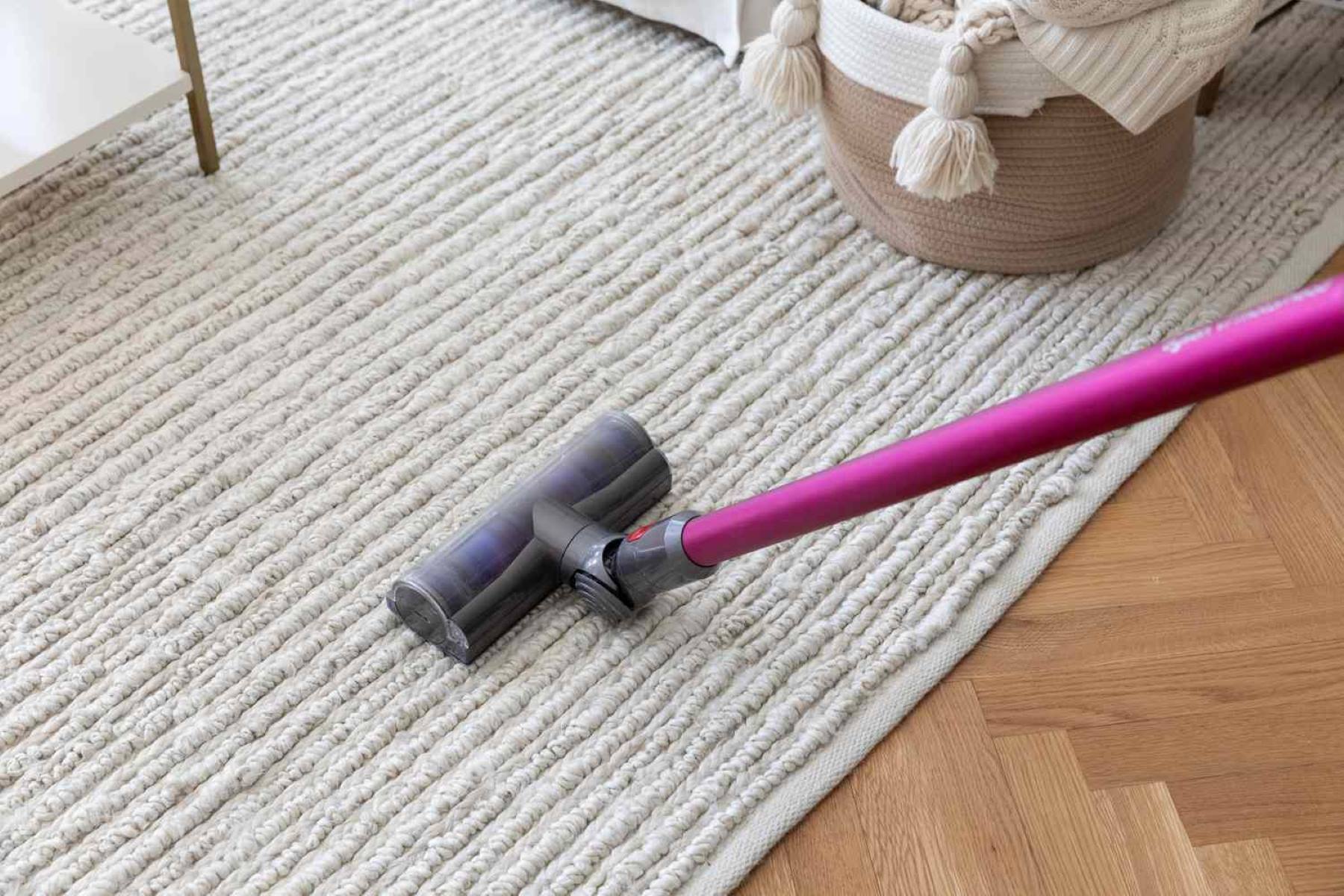
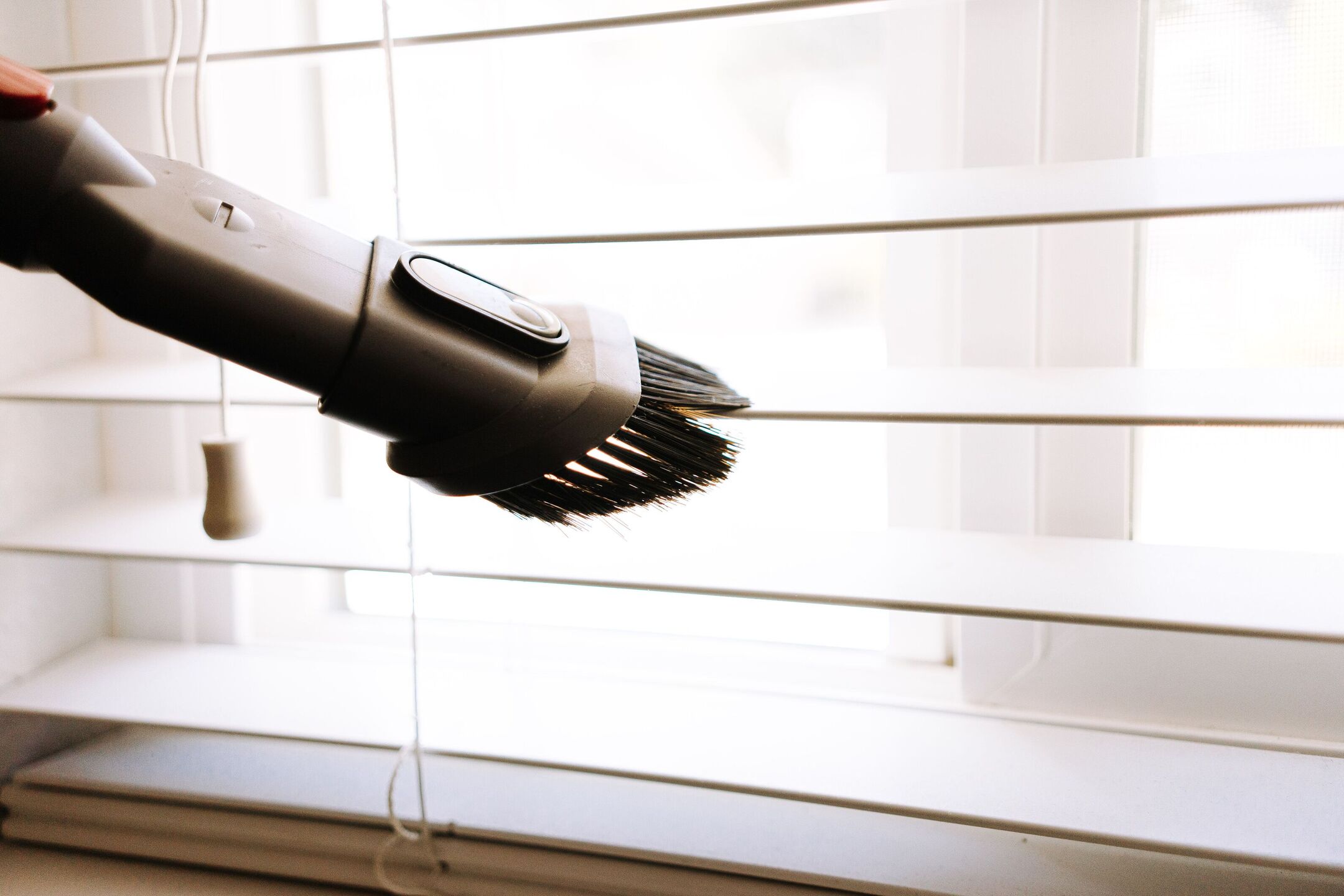
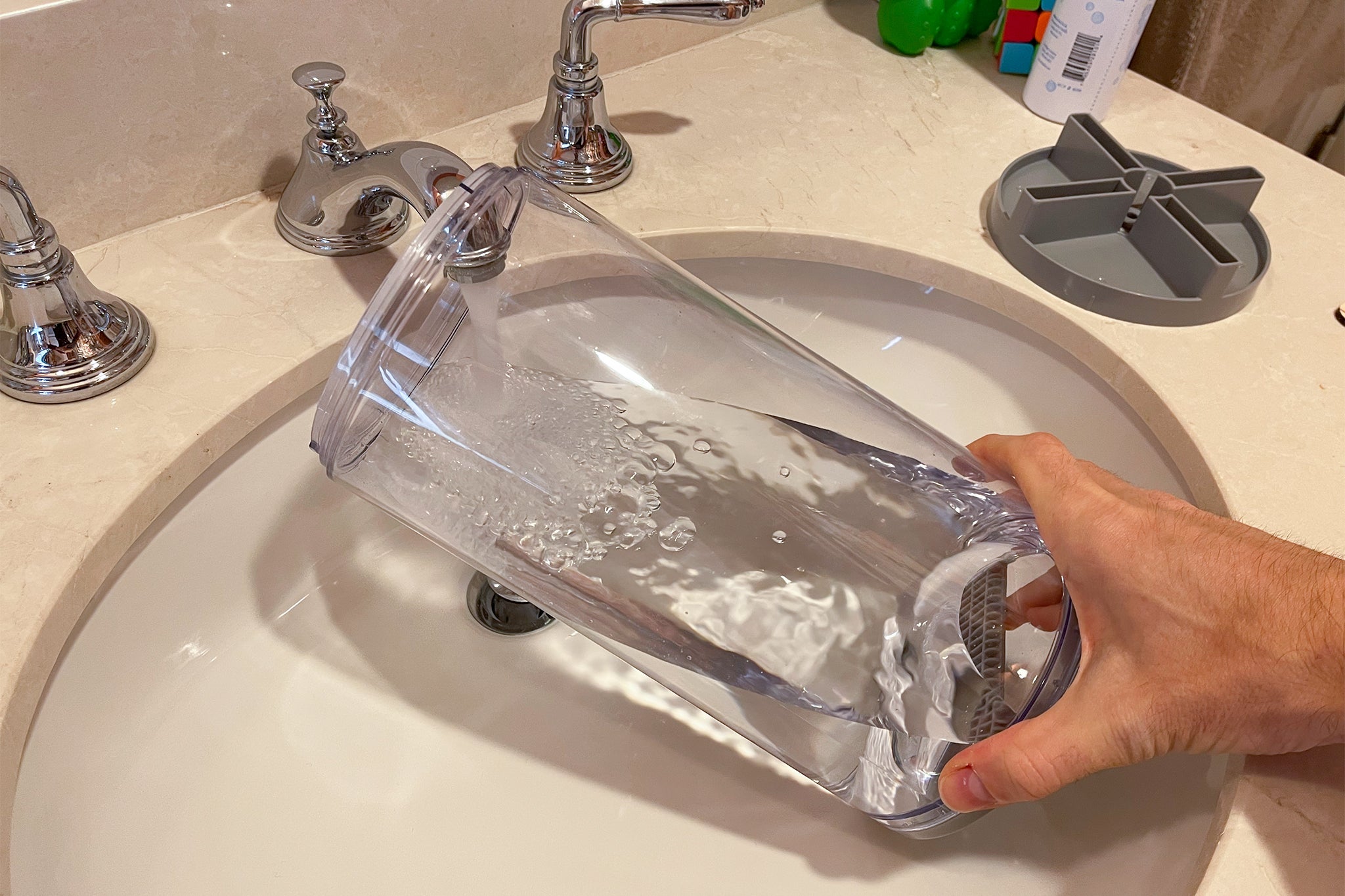
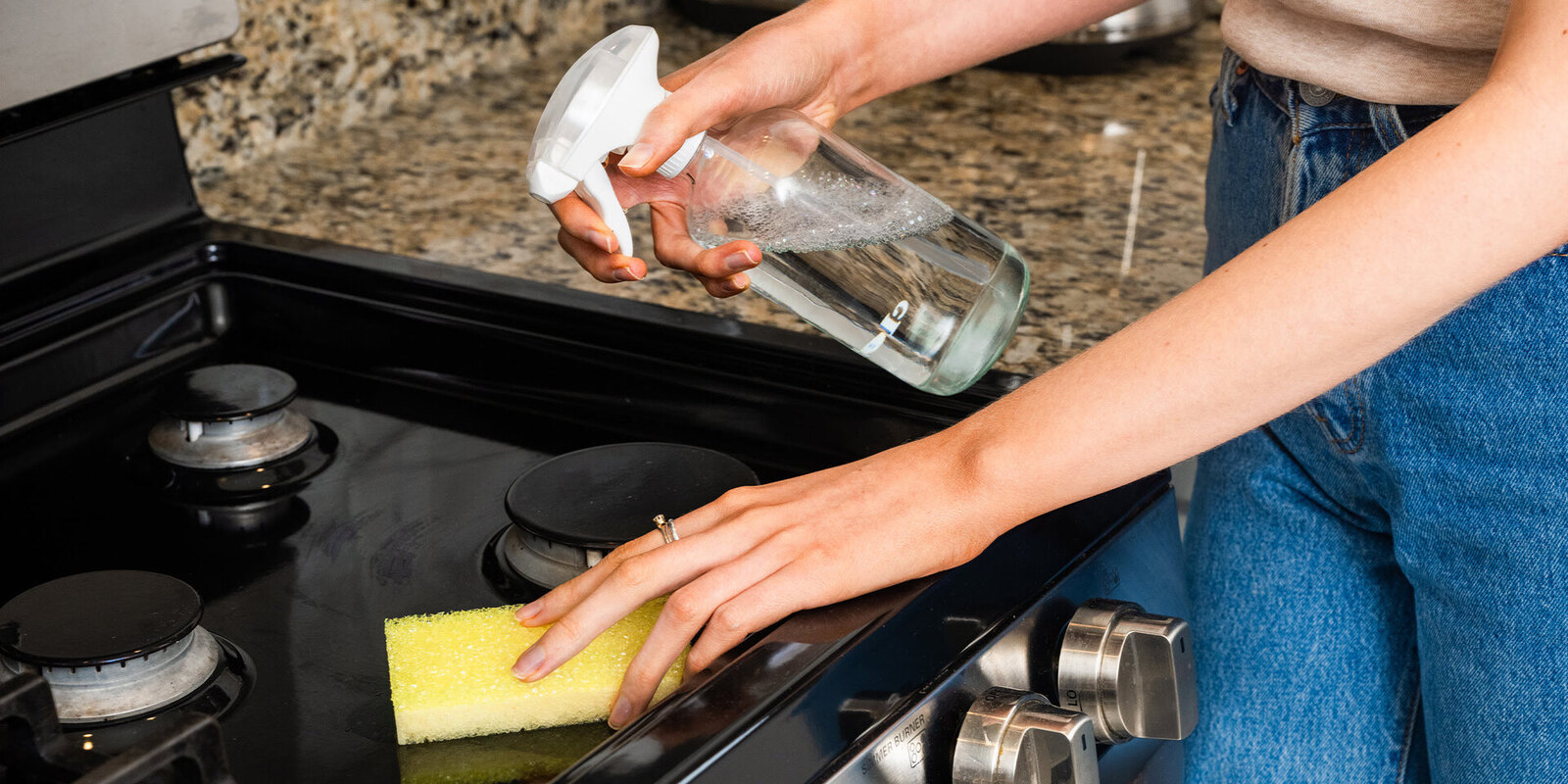
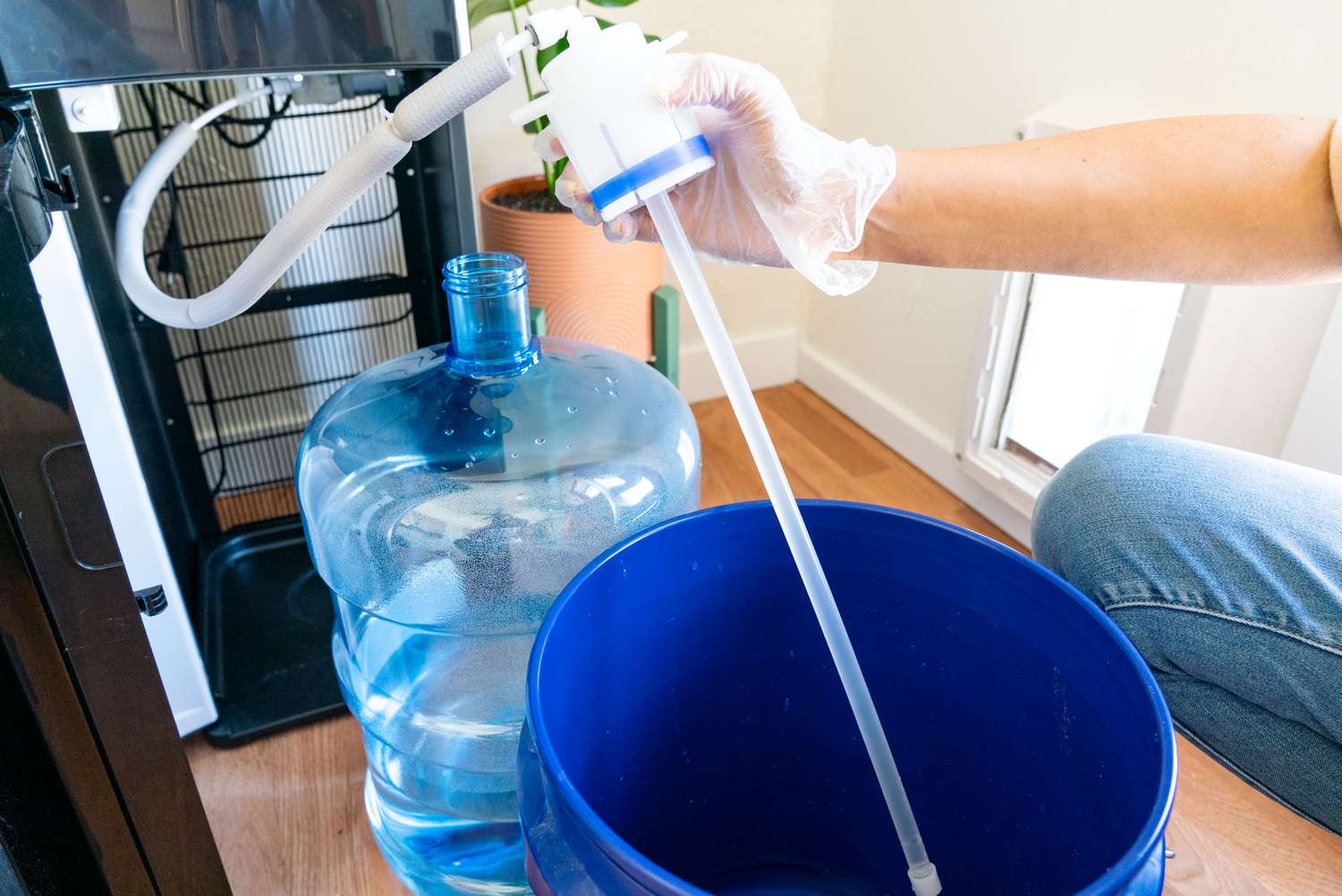
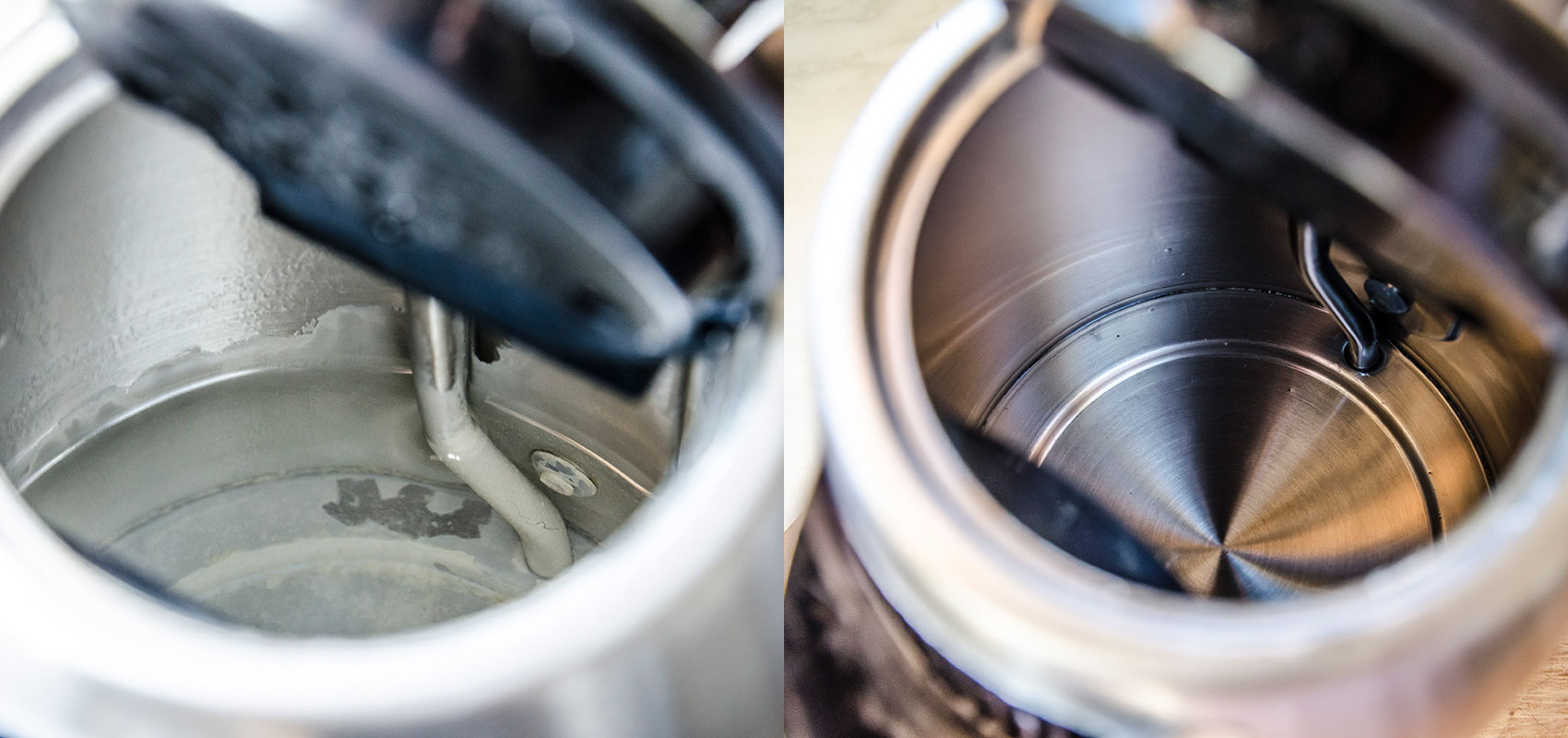



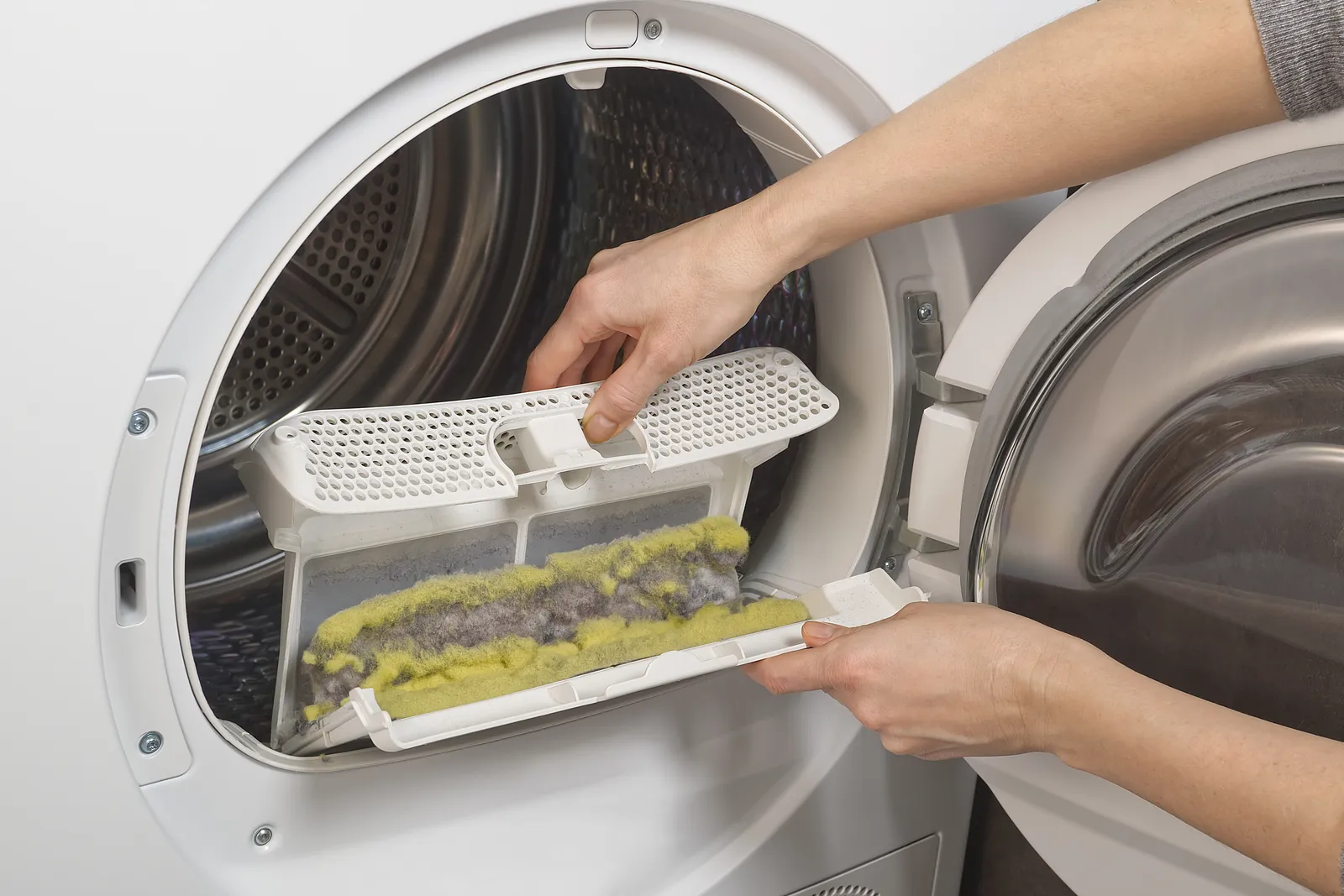
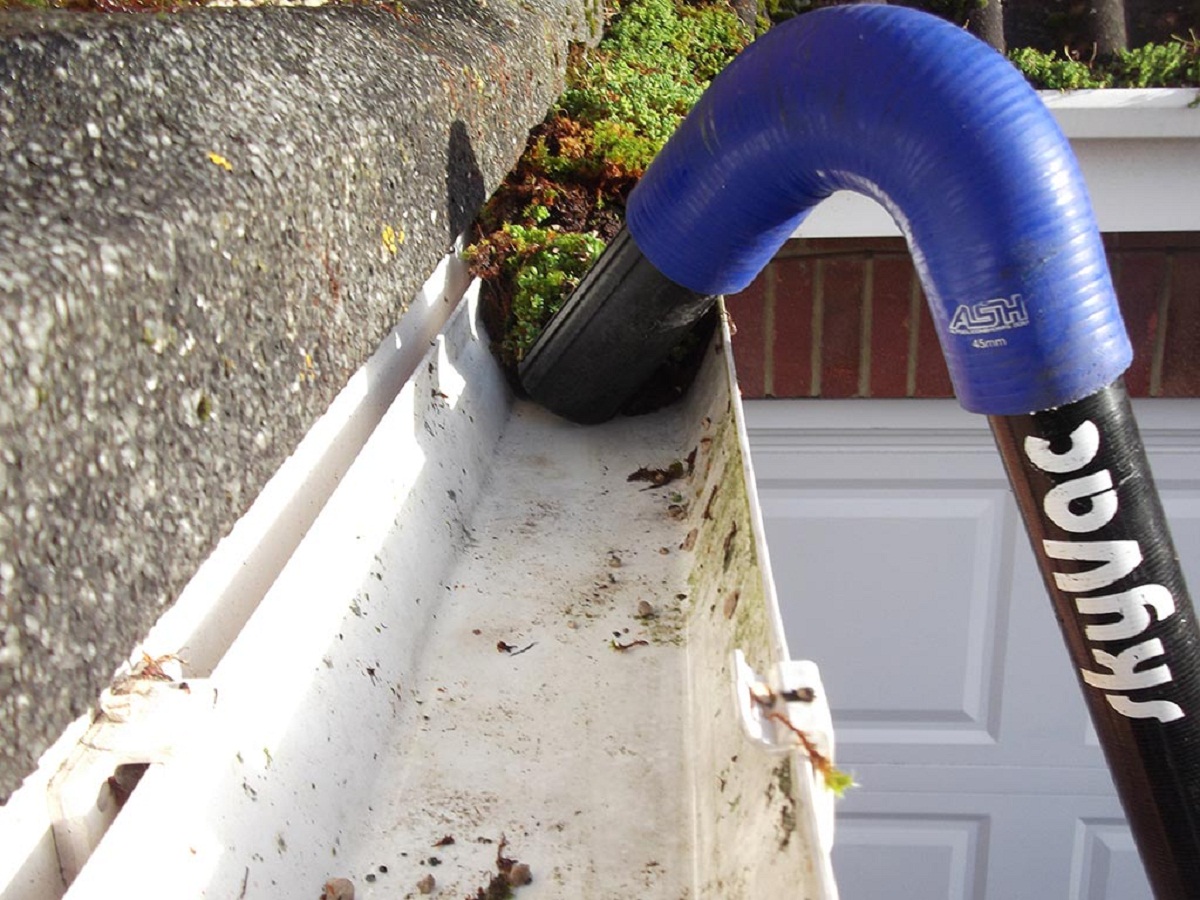
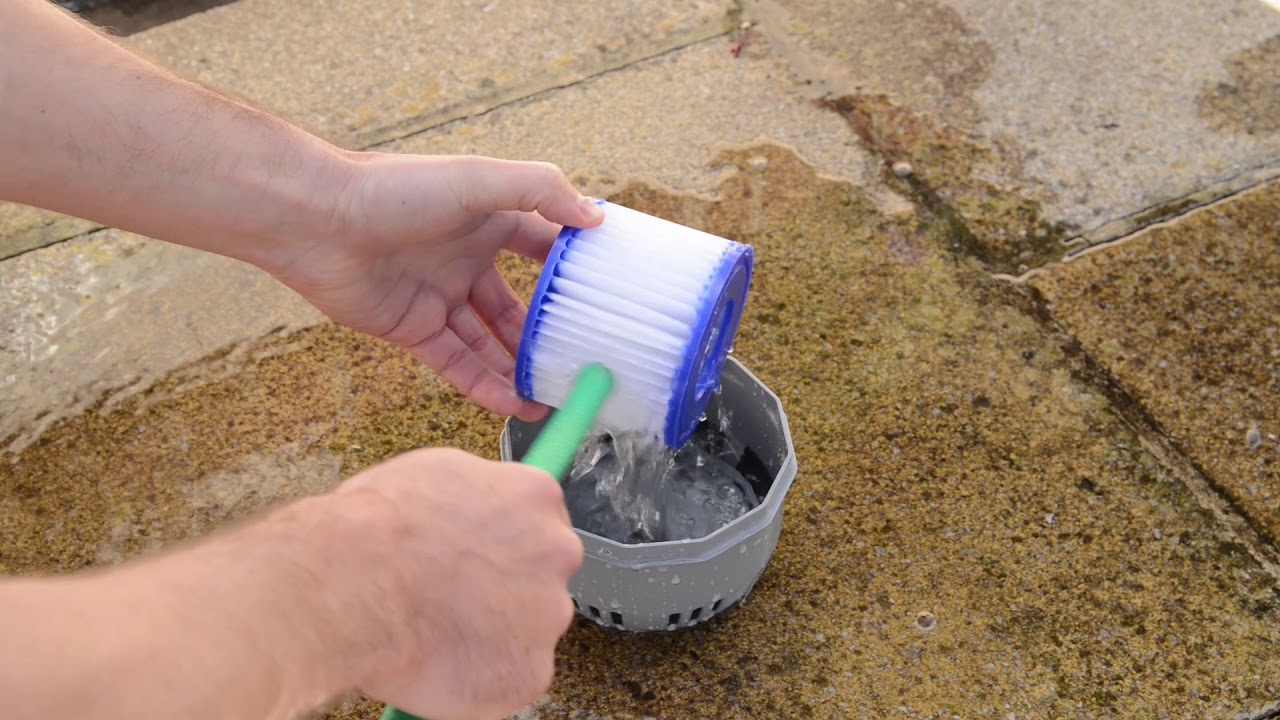


0 thoughts on “How Often Should You Clean A Kitchen?”